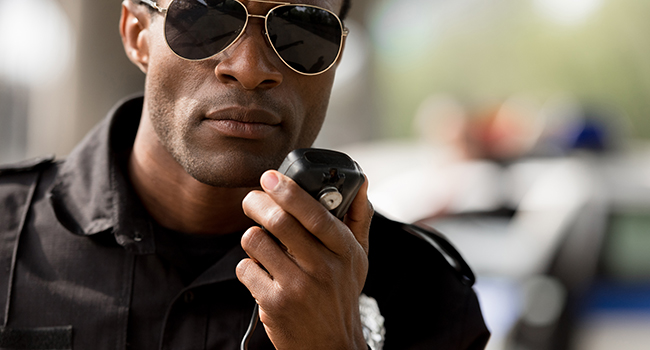
Arkansas Schools Create Direct Line of Communication with Police
Arkansas police and fire departments communicate through a statewide emergency radio system, and the city of Rogers is allowing its school district a designated line of its own to local police and fire.
- By Jessica Davis
- November 14, 2018
School employees in Rogers, Ark., will soon have a direct line of communication with first responders in case of an emergency, thanks to technology that school officials and the Rogers Fire Department call the “first of its kind” in the state.
Arkansas police and fire departments communicate through a statewide emergency radio system, and the city of Rogers is allowing its school district a designated line of its own to local police and fire. The click of a button will connect school administrators, nurses and bus drivers to first responders.
"We would get to directed to that particular zone which would be Rogers Public Schools - and then they would be on the exact same channel and we would get to talk to them directly," said Captain Greg Bray of the Rogers Fire Department.
The communication devices are “digital but look like a little radio,” Assistant Superintendent Charles Lee said. “It has different channels, what we call talk groups.”
According to Capt. Greg Bray, the devices are actually computers that can bypass the dispatcher and connect school employees to emergency services immediately.
"During the emergency, they would probably still call 9-1-1 but now they can speak with us directly first to ease the flow of communication," Capt. Bray said.
Bray has worked as a fireman for decades, but said this communication line reflects the ways his role has shifted toward a focus on school security and safety.
"We want to take what may be happening elsewhere and learn from it and it could make our job a little easier when we are trying ot combat a whatever may come up," Capt. Bray said.
The school district said it’s budgeted $350,000 for the new emergency line, which will be implemented when students return from winter holiday break in January 2019.
About the Author
Jessica Davis is the Associate Content Editor for 1105 Media.